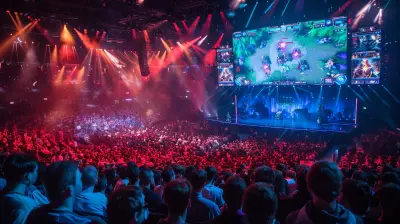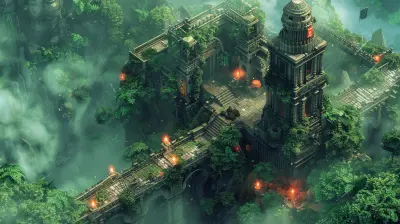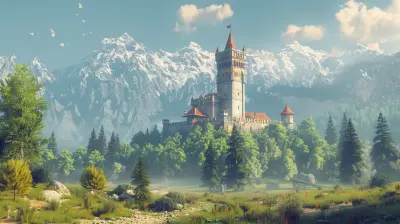How Modding Extends the Life of a Game
31 August 2025
Let’s face it—we’ve all had that one game we just couldn’t let go of. The one that kept us up past midnight, bleary-eyed but totally hooked. Eventually, the base content runs dry, the main questline gets old, and we wonder... is this it?
But wait! Enter the wonderful world of modding—a digital fountain of youth that keeps even the oldest games feeling fresh. Think of mods as the secret sauce to a never-ending buffet of gameplay. Still not convinced? Grab your gaming mouse, because we’re diving headfirst into why modding is the true MVP when it comes to making games last longer than a Skyrim loading screen.
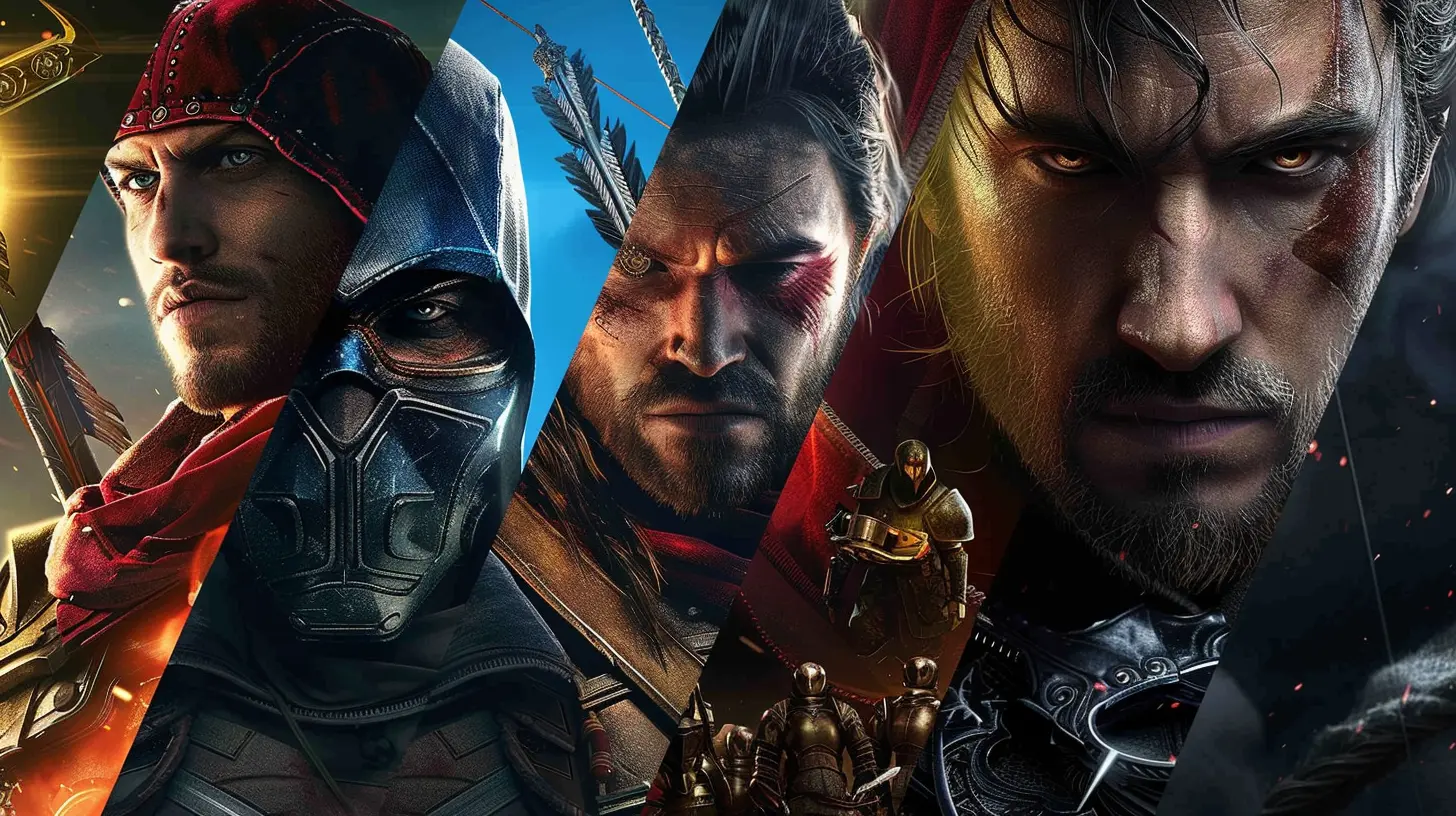
What Is Modding, Anyway?
Before we summon the dragons and install ten different lighting mods, let’s clear up what "modding" actually means. Modding is short for “modification,” and in the gaming world, it’s when players tweak, upgrade, or completely overhaul a game’s content using external files or tools.Mods can be tiny—like swapping a soundtrack—or colossal, like creating entirely new stories, characters, and worlds. Some are purely cosmetic (hello, Thomas the Tank Engine in Resident Evil), while others fix bugs the developers forgot. In short, if it can be changed, there's a mod for it.

Game Over? Not with Modding
Here’s the thing: Games launch with a finite amount of content. Once you beat the story, finish the side quests, and max out your stats, it’s pretty much credits-roll time. But with mods? The end is just the beginning.Modding can breathe new life into a game that’s older than half your Steam library. It’s like giving your childhood stuffed animal a makeover and realizing it’s still awesome.
Replay Value: Cranked Up to Eleven
Remember when you replayed your favorite RPG but everything felt... predictable? Mods can flip that upside-down. Want to play as a goblin instead of a knight? Done. New dialogue trees, quests, or even enemies? There’s probably a mod for that.People have been replaying games like The Elder Scrolls V: Skyrim and Fallout: New Vegas for over a decade because of their rich modding communities. Mods keep things spicy, unpredictable, and wildly entertaining. They turn "I’ve played this before" into "Wait, WHAT is that dragon doing in a tuxedo?"

A Fresh Layer of Polish
Let’s be real—no game is perfect out of the gate (we’re looking at you, Cyberpunk 2077). Developers do their best, but deadlines, bugs, and budget restrictions get in the way. That’s where modders swoop in like digital superheroes.Bug Fixes and Quality of Life Enhancements
When games are launched with bugs or inconvenient mechanics, mods often step in before the devs do. From improving UI to speeding up load times to adding autosave features, mods can smooth the rough edges that slow a game down.Community patches are like fan love letters that say, “We care about this game just as much as the original creators—maybe more.”
Visual Overhauls That Melt Your GPU
Games age. It’s a fact. But mods are like digital Botox—offering graphics upgrades, enhanced textures, and jaw-dropping lighting effects that can make a 2011 game look like it dropped last week. Just remember to check your PC’s specs—some of these HD texture packs can breathe fire.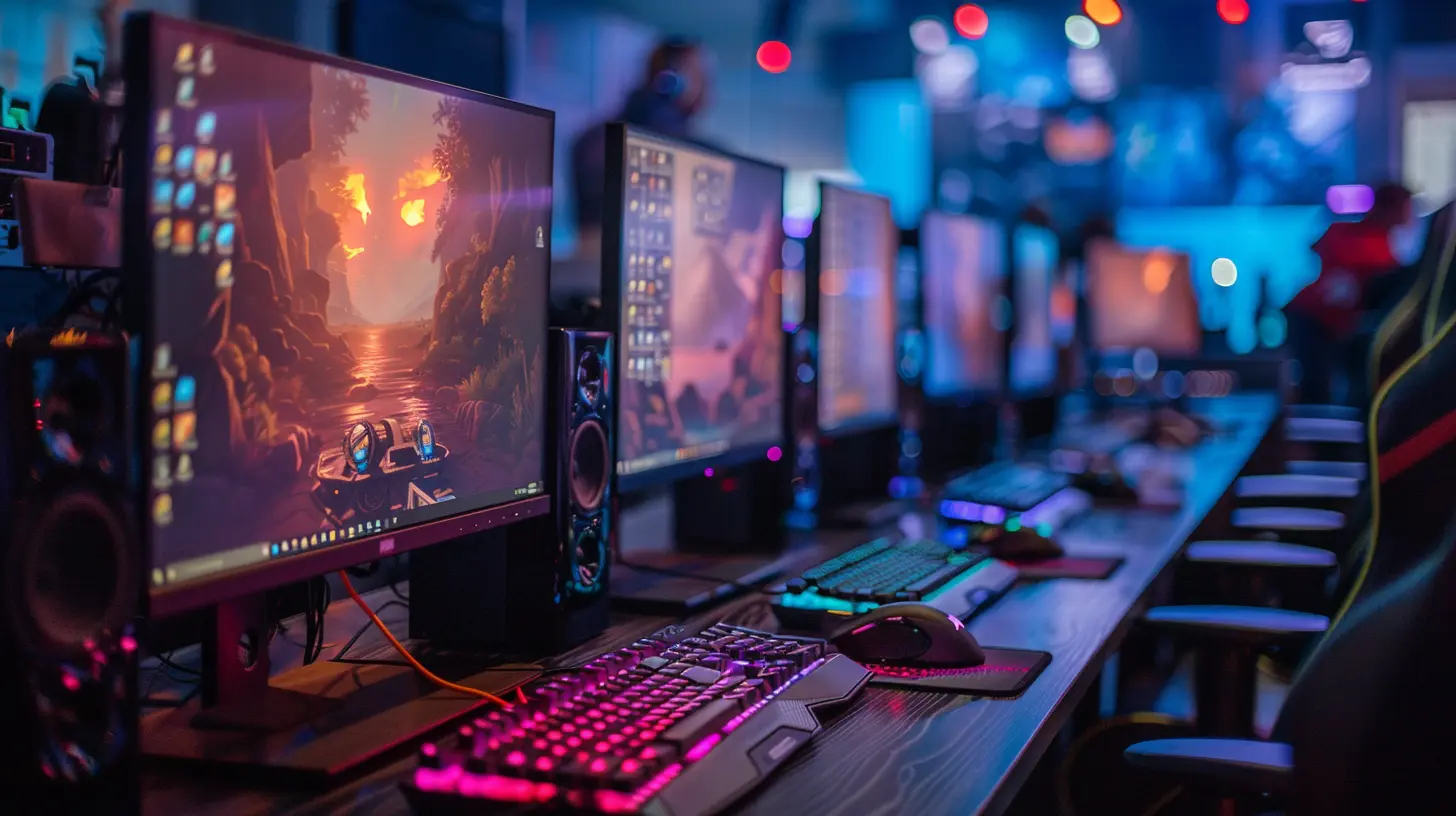
The Creativity Playground
One of the coolest things about modding? It turns players into creators. You don’t need a coding degree or a Pixar animation team to build something awesome (though it helps). Many games offer modding tools that let the community go wild with creativity.Unofficial Expansions and New Worlds
Sometimes mods go beyond tweaks—they become full-blown expansions. Take games like Mount & Blade: Warband or Half-Life. Modders have turned those into entirely new games. Some mods are even more fun than the originals.Entirely new campaigns, regions, characters, and voice acting? Yup, all made by passionate fans on a mission to keep the fun rolling.
A Launchpad for Indie Game Devs
Believe it or not, lot of today’s game developers started as modders. The minds behind games like Dota 2, Counter-Strike, and PlayerUnknown’s Battlegrounds first made mods for existing games. Modding is like the garage band phase of game devs—a stomping ground for future legends.So next time you download a cool expansion from a dude named "DragonFart69," remember—you might be playing content from the next big industry name.
Community Power: Better Together
Modding communities are some of the most passionate corners of the internet. They don’t just mod; they support, troubleshoot, collaborate, and share.Forums, Discords, and Modding Havens
Whole platforms like Nexus Mods, Steam Workshop, and ModDB exist just to support modders and players. You’ll find everything from beginner guides to professional-grade tools. And the best part? Most of it is free.Connections formed in these modding spaces are part of what gives games an extended life. When developers stop updating, the community usually picks up the slack, adding content, polishing features, and keeping the servers alive.
Mod Jams and Competitions
Yup, modding gets its own spotlight events too! These are like the gaming world’s version of bake-offs, where modders compete to create the most creative, polished, or hilarious mods they can dream up. The result? Even more wild content for players to enjoy.
Flex That Personal Style
Modding isn’t just about longevity—it’s about personalization. Players love to tweak the game world to reflect their tastes. You want a selfie camera in your medieval RPG? You got it. Lightsabers in Minecraft? The Force is strong with that one.Your Game, Your Rules
Mods let you tweak difficulty, adjust mechanics, and even change the laws of physics. Want a game that’s easier than pie? Mod away, my friend. Prefer a punishing roguelike nightmare? There’s a mod for that too.It’s like building your own custom gaming sandwich—hold the bugs, extra explosions, and maybe a side of ghost cats.
When Devs Embrace the Madness
Many game developers have come to realize that mods are not the enemy—they’re the secret weapon to player engagement. Some even encourage it with built-in modding tools, extensive documentation, and official modding contests.Bethesda, CD Projekt Red, Paradox Interactive—these studios not only allow modding, they throw the gates wide open. Their games thrive years after release because they understand an active, creative fanbase is better than any PR campaign.
Workshop Integration: Modding Made Easy
Games like Cities: Skylines, RimWorld, and Don’t Starve include direct mod support through platforms like the Steam Workshop. Installing a mod is as easy as clicking “subscribe.” That’s it. No fuss. No .INI files. Just plug and play. Thanks, tech gods.
"But Aren’t Mods Risky?"
Okay, real talk—mods can sometimes be a little dicey. You’re downloading files made by strangers on the internet, after all. But as long as you stick to trusted sources like Nexus Mods or Steam Workshop, and read the reviews, you’re golden.Always back up your save files. And maybe don’t install 143 mods at once unless you’re mentally prepared for your game to crash harder than a Mario Kart shell.
The Future of Modding
Modding isn’t going anywhere. In fact, with tools like Unreal Engine 5 and Unity becoming more accessible, we’re seeing even more robust and creative mods emerge. Some are basically indie games wrapped in mod clothing.As VR, AR, and other tech evolve, imagine the mods that’ll come with it. Fully immersive VR Skyrim with custom stories? Count me in. Pet dragons in AR Minecraft? Why not!
Final Thoughts: The Gift That Keeps Giving
Modding isn’t just some niche side hobby—it’s a pillar of modern gaming. It keeps worlds alive, nurtures creativity, and hands the power from developers to players. Whether you’re adding a pet llama in Stardew Valley or battling zombie clowns in Left 4 Dead 2, mods keep games fun, fresh, and fantastically weird.So if you’ve got an old favorite gathering digital dust, hit up the modding scene. You might just fall in love with that game all over again—this time with lightsabers.
all images in this post were generated using AI tools
Category:
ReplayabilityAuthor:

Luke Baker
Discussion
rate this article
2 comments
Ryder Beck
Ah yes, because who wouldn't want to spend hours tweaking code and downloading fan-made patches instead of actually playing the game? Truly the ultimate form of self-imposed torture! Bravo, modders!
January 29, 2026 at 4:56 AM
Bianca Barker
Modding breathes new life into games, transforming them into endless playgrounds of creativity. It’s a powerful testament to player passion—proof that once a game captures our hearts, it never truly dies. Embrace the revolution!
August 31, 2025 at 4:29 PM

Luke Baker
Absolutely! Modding indeed revitalizes games, showcasing player creativity and ensuring beloved titles remain relevant and engaging long after their initial release.
